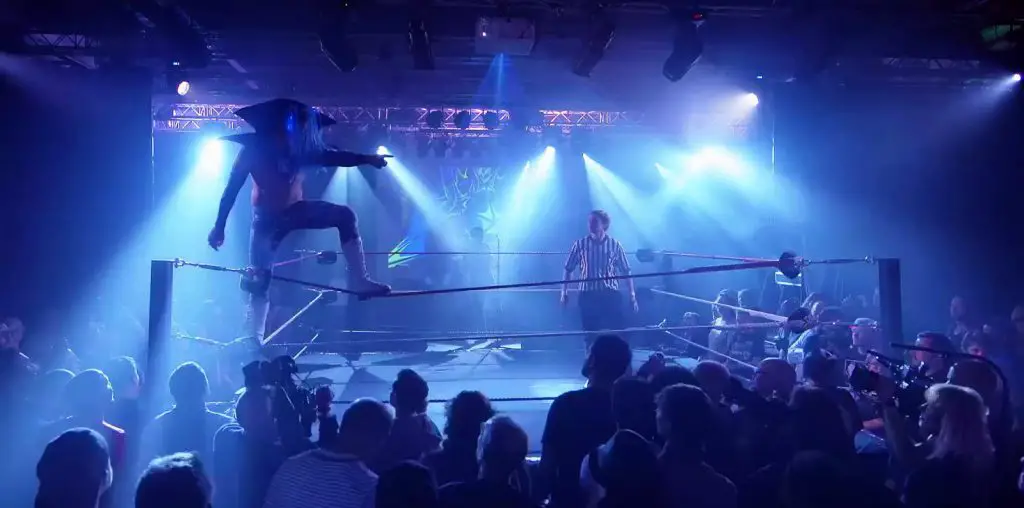
Joe Wilson’s documentary “Out in the Silence” concentrates on small-town American attitudes towards gays and lesbians seesaws between insightful non-fiction filmmaking and dilettante cinema.
Centered in the filmmaker’s hometown of Oil City, Pennsylvania, the film kicks off when Wilson’s decision to publish news of his same-sex marriage in the local newspaper triggers a wave of angry responses from the community. Just why Wilson decided to do this is unclear, since he left Oil City years earlier and resides in Washington, D.C.
However, Wilson received a letter from the mother of C.J. Springer, a gay teenager in Oil City that was being harassed in high school. Wilson’s film focuses on C.J.’s social isolation – he was forced to leave school and complete his education in an online program – and then it expands into a secondary story involving a lesbian couple whose attempts to renovate an old theater are damaged by the intrusion of a right wing busybody who rails against the “gay agenda” on a Christian radio station.
When Wilson keeps his aim on the struggles of young C.J. and the women at the theater, “Out in the Silence” provides a disturbing view of modern-day intolerance and the challenge of decent people to maintain their dignity in the face of virulent homophobia.
However, Wilson unwisely involves himself as an on-screen narrator whose continually perplexed observations on unkind behavior suggests he is far too naïve for his own good. A parallel story with Wilson and a pastor who protested the newspaper’s running of the same-sex marriage announcement fast-tracks to a “Kumbaya”-worthy camaraderie that never truly addresses the role that organized religion plays in contributing to anti-gay sentiments that often lead to hate crime violence. (Wilson’s partner Dean Hamer shares co-directing credits, but he wisely stays off camera for most of the film.)
Despite its flawed structure, “Out in the Silence” deserves to be seen for anyone concerned with the plight of today’s LGBT youth in a society that is still not all-accepting of diverse lifestyles.


I haven’t seen the film yet, but one thing is for sure: This comment on the review is unfair. The reviewer does not criticize Wilson for “speaking up” and “doing something” about homophobia, but for inserting himself, his views, and his actions into his own movie. It’s not a political criticism, but an aesthetic one. He’s saying that the movie is most compelling when it’s focused on describing other people’s problems, instead of focusing on the narrator’s attempts to solve them. The reference to “Kumbaya” is obviously meant to suggest that these scenes were not convincingly done.
The only other person to review this film seems to agree: “Wilson’s presence — he’s also the narrator — is awkward: Michael Moore is the only filmmaker who can get away with starring in his own documentaries.”
http://www.miamiherald.com/2010/04/29/1603657/webcams-are-college-boys-undoing.html#ixzz15aT4E6oh
Any reviewer who talks about being gay as a “lifestyle” is obviously suspect. Apparently Mr. Hall thinks that it’s fine to make films about the “plight” of LGBT people (oh look, isn’t that sad) but not for them to speak up and do something. I think Joe WIlson should be applauded for actually trying to change his town instead of just making an entertaining movie about it.